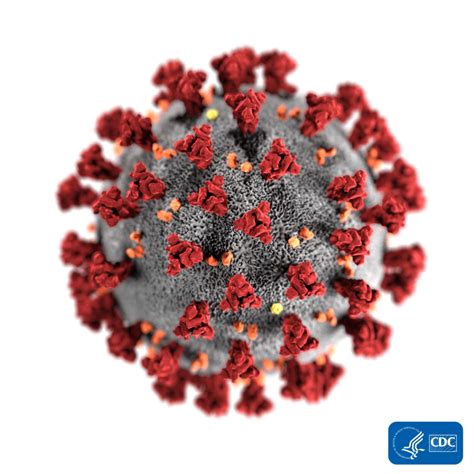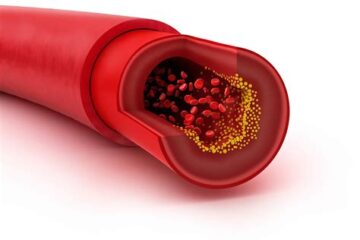
Antibody recovery after COVID booster
In this post Updated COVID-19 Vaccine Booster Shots Restore Antibody Levels @ יואל קסלר we discuss new data published by researchers at Ohio State University on the efficacy of the approved COVID 19 boosters. The FDA recently approved booster shots specifically designed to prevent illness with the delta and omicron variants of COVID 19. A new study published in NEJM provides evidence that while antibody levels had previously decreased by 15% monthly after previous vaccination booster, receipt of an additional booster completely restores antibody levels and provide protection from serious disease after infection with one of the variants. An abstract from NEJM is reprinted below.
Mounting concern about the long-term efficacy of messenger RNA (mRNA) booster vaccines against coronavirus disease 2019 (Covid-19)1 has been exacerbated by the recent emergence of the B.1.1.529 (omicron) subvariants BA.2.12.1 and BA.4 and BA.5 (hereafter, BA.4/5) of the severe acute respiratory syndrome coronavirus 2 (SARS-CoV-2), which have high degrees of immune escape.2 To address this concern, we used our previously reported pseudotyped lentivirus neutralization assay (see the Supplementary Appendix, available with the full text of this letter at NEJM.org) to examine neutralizing-antibody titers against major SARS-CoV-2 variants in a longitudinal cohort of health care workers from the Ohio State University Wexner Medical Center in Columbus who had received homologous vaccine and booster doses of an mRNA vaccine. A total of 24 participants received the mRNA-1273 vaccine (Moderna), and 22 received the BNT162b2 vaccine (Pfizer–BioNTech). We classified participant samples into three groups according to the timing of booster-dose administration: 1 to 3 months, 4 to 6 months, and 7 to 9 months before the sample was obtained (Table S1 in the Supplementary Appendix). Over the course of the study, 14 participants had a breakthrough infection; 9 cases occurred during the omicron waves.
Booster durability waned more substantially in participants who did not have breakthrough infection than in those who had breakthrough infection, with neutralizing-antibody titers, presented as 50% neutralization titers (NT50), against all variants at 1 to 3 months after the booster dose being approximately 1.7 times (95% confidence interval [CI], 1.4 to 2.2) as high as those observed at 7 to 9 months after the booster dose (Figure 1 and Fig. S1). Linear modeling showed a mean 30-day rate of decay in neutralizing-antibody titers of 17.53% (95% CI, 11.87 to 22.79) against virus with the D614G mutation, 19.50% (95% CI, 9.82 to 28.10) against the omicron BA.1 subvariant, 18.44% (95% CI, 9.24 to 26.68) against BA.2.12.1, and 19.55% (95% CI, 10.54 to 27.66) against BA.4/5 (Figure 1C). Participants with previous SARS-CoV-2 infection, including infection with the omicron variant, had a somewhat less steep rate of decay in neutralizing-antibody titers (Figure 1B and 1Cand Fig. S2), with 30-day rates of 17.07% (95% CI, 2.70 to 29.29) against virus with the D614G mutation, 14.22% (95% CI, −6.87 to 31.13) against the BA.1 subvariant, 9.97% (95% CI, −11.95 to 27.64) against BA.2.12.1, and 12.12% (95% CI, −7.14 to 27.94) against BA.4/5 (Figure 1C). At all time points tested, all the omicron subvariants, especially BA.4/5, had lower neutralizing-antibody titers than virus with the D614G mutation.
Two participants received a second booster dose of mRNA vaccine (Table S2). After a substantial decrease in neutralizing-antibody titers was observed approximately 4 months after receipt of the initial booster dose in these participants, the administration of a second booster dose led to recovered neutralizing-antibody titers (Fig. S3).
The decrease in booster durability appeared to be slower than the decrease that was previously reported for two doses of mRNA vaccine alone.3 Although the rate of booster neutralizing-antibody decay was similar among variants, the omicron subvariants, especially BA.4/5, had substantial neutralization resistance. Our observed trends are consistent with the waning of vaccine protection and natural immunity,4,5 and our data suggest that both SARS-CoV-2 variant evolution and waning neutralizing-antibody titers reduce booster-induced immune protection. Our anecdotal experience in two participants indicates that a fourth dose of vaccine may be effective. A variant-specific booster may become necessary as new variants evolve.
Panke Qu, M.S.
Julia N. Faraone, B.S.
John P. Evans, M.S.
Yi-Min Zheng, M.D.
Lianbo Yu, Ph.D.
Qin Ma, Ph.D.
Claire Carlin
Gerard Lozanski, M.D.
Linda J. Saif, Ph.D.
Eugene M. Oltz, Ph.D.
Richard J. Gumina, M.D., Ph.D.
Shan-Lu Liu, M.D., Ph.D.
Ohio State University, Columbus, Ohio
For more interesting articles on COVID 19 check out out COVID page and our blog.


